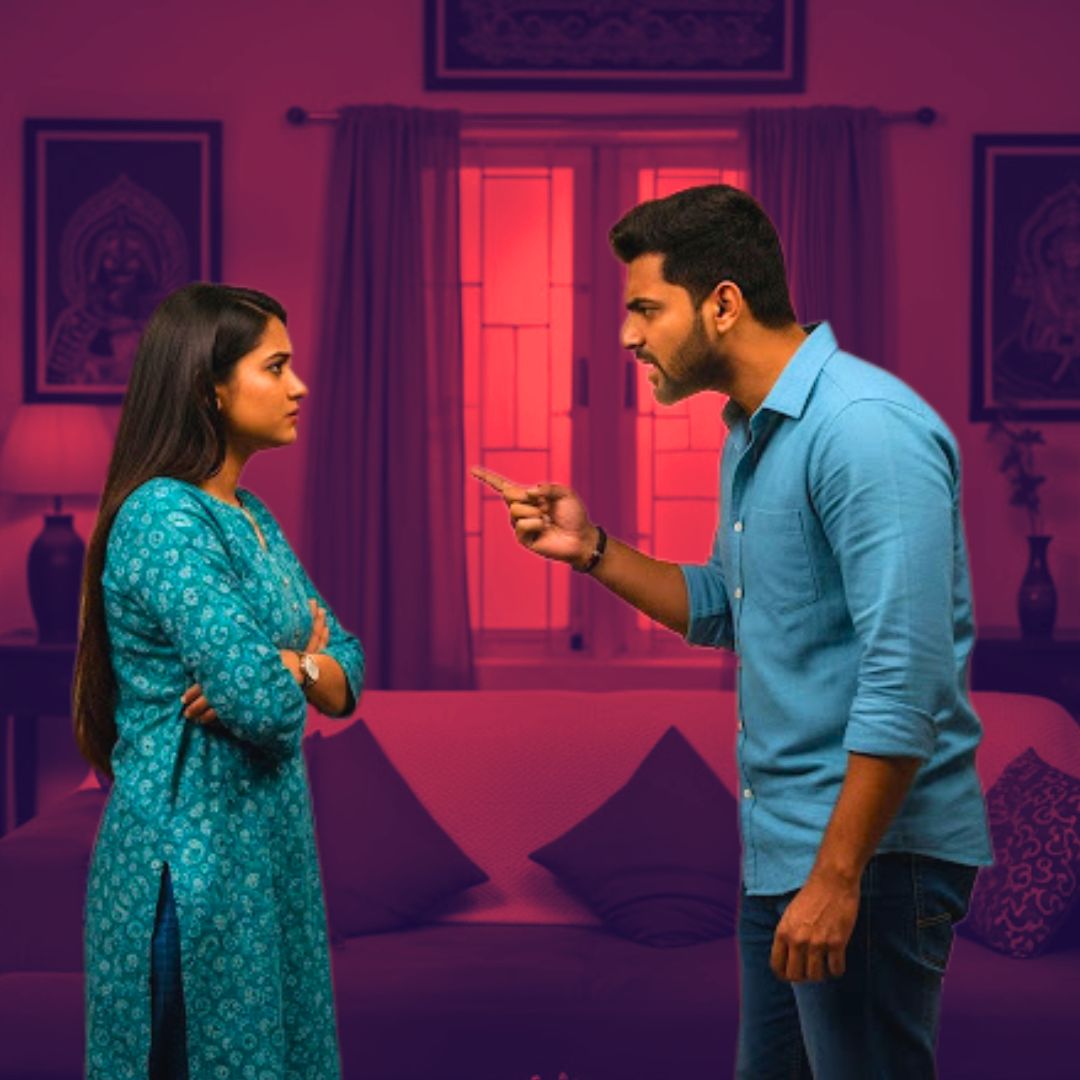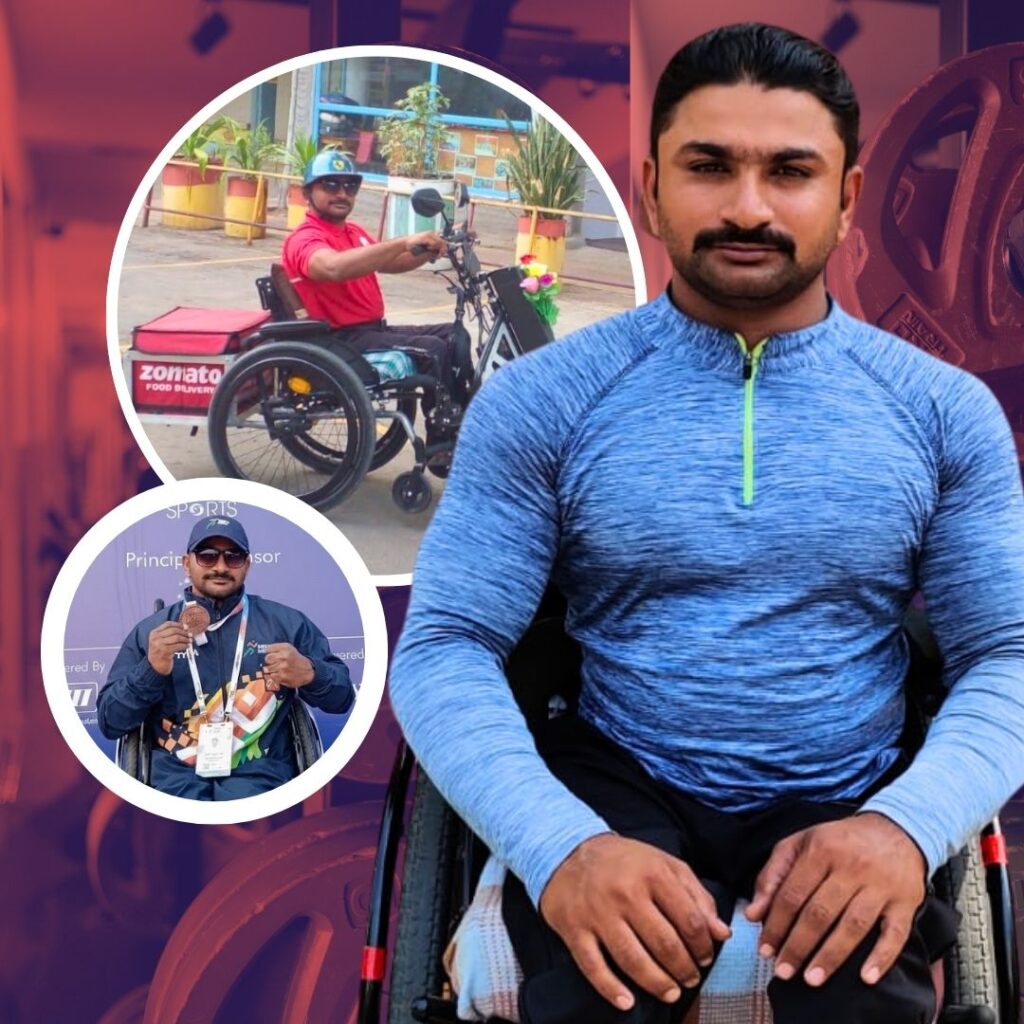A 26-year-old woman from Muradnagar, Uttar Pradesh, has lodged a complaint against her husband and in-laws accusing them of persistent harassment, dowry demands, and physical abuse. She alleged that her husband forced her into grueling daily workouts to resemble Bollywood actress Nora Fatehi, subjected her to starvation, and secretly administered abortion pills causing a miscarriage.
The family had spent approximately ₹76 lakh on the wedding, including a luxury vehicle and jewellery, yet harassment continued. Muradnagar police have registered an FIR and are investigating the allegations.
A Nightmare Behind Closed Doors
The woman married Shivam Ujjwal, a physical education teacher from Meerut, in March 2025. Soon after, she began facing immense pressure from her husband who was obsessed with the appearance of Bollywood actress Nora Fatehi. According to the complaint, Shivam forced her to exercise for about three hours daily, restricting her diet severely to achieve a physique similar to Fatehi’s.
Failure to meet these harsh demands led to emotional abuse and repeated taunts questioning her worth and beauty. She said her husband told relatives that she had “ruined” his life by not looking like Fatehi.
Adding to the physical and emotional torment were dowry-related pressures from her husband’s family. Despite spending their life savings – including jewellery worth ₹16 lakh and a Mahindra Scorpio SUV valued around ₹24 lakh – the in-laws allegedly demanded more dowry, intensifying the harassment.
The woman also recalled being given abortion pills secretly, leading to the loss of her pregnancy, a claim that the police are currently investigating under relevant sections of the law.
Dowry Harassment: A Persistent Plague in Uttar Pradesh
Dowry demands and related abuses remain widespread in many parts of India despite stringent laws prohibiting the practice. Uttar Pradesh reports one of the highest numbers of dowry harassment cases annually, exposing women to mental torture, physical abuse, and in extreme situations, violence or death.
Experts say the persistence of such cases highlights significant gaps in legal enforcement and societal attitudes. Families often continue traditional demands fueled by social expectations and misplaced notions of honour and pride.
In this case, the woman’s family reportedly spent nearly ₹76 lakh on the marriage arrangements because of the social pressure to meet dowry expectations. However, such enormous expenses did not shield her from abuse, revealing the futility of material concessions in preventing the human cost of dowry systems.
The case underscores the pressing need for not just legal action, but systemic change that empowers women and educates communities to reject these harmful norms.
The Logical Indian’s Perspective
This harrowing story is emblematic of a broader societal problem where women’s rights and dignity are frequently compromised by outdated traditions and superficial values like appearance and wealth.
At The Logical Indian, we believe that true progress is founded on empathy, respect, and equality. Cultural practices should evolve to uplift, not suppress, and legal protections must be backed by effective enforcement and supportive frameworks for victims.
We encourage society to foster conversations that challenge harmful customs, support women courageously reporting such abuse, and hold perpetrators accountable. It is a collective responsibility to build communities that prioritise kindness, understanding, and coexistence.












